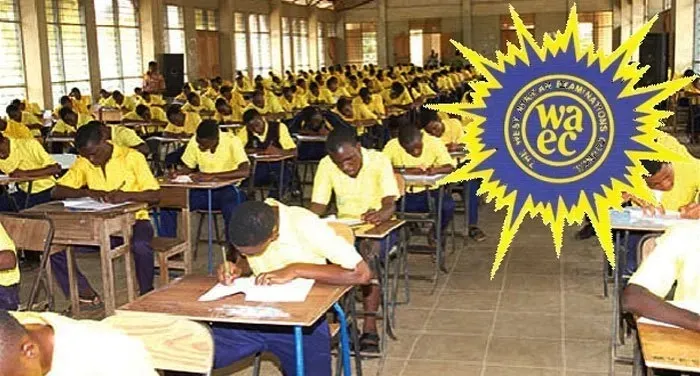Côte d’Ivoire’s cocoa regulator has begun a nationwide distribution of electronic cards to cocoa farmers to help track cocoa beans from plantations to their export ports and ensure the growers are paid a guaranteed price for their produce.
The countrywide exercise is part of a response to plans by the European Union to ban imports of commodities and products linked to deforestation and rights abuses by 2024.
Côte d’Ivoire, the world’s top cocoa producer has been criticized over the years for using thousands of child labourers in farms, and destroying large areas of forests and national parks to expand production.
Authorities previously said they are tackling the issue of child labour and acknowledged that farming is encroaching on forests.
In 2019, the Coffee and Cocoa Council (CCC) commissioned a study to establish the number of cocoa farmers and where they operate. It registered 995,000 farmers and found that 15% of plantations were in protected forest areas.
The new card system, which will start operating at the start of the next cocoa season on 1st October, 2023 will enable the CCC to reject beans grown illegally and trace them from plantations to the ports of Abidjan and San Pedro.
“The European Union voted a new law that will be implemented soon, and this pushes us to develop a traceability and certification system,” CCC head Yves Brahima Kone told hundreds of cocoa farmers collecting their cards in the northern city of Agboville.
Integration of the Card With An Electronic Payment And Wallet System
The cards are also integrated with an electronic payment and wallet system that will allow farmers to get the guaranteed farm gate price of 900 CFA francs (US$1.52) per kg of beans, which many buyers do not respect.
“It is the first time I have a bank card that I can use to withdraw cash. I have never had a bank account and I am happy because now I can sell my cocoa for the guaranteed price,” said Jean Dominique Boua, who farms outside Agboville.
The CCC has already given out 100,000 cards since a pilot project in April last year. It aims to distribute around 50,000 cards per month until the end of the current season.
According to the International Cocoa Organization releases the Cocoa Market Report for September 2022, the current producer price of cocoa beans for the main crop of the 2022/23 season in Côte d’Ivoire was announced at 900 XOF/kg, which is equivalent to US$1,364 per tonne while in Ghana, cocoa farmers are expected to receive 12,800 Ghana cedis per tonne or US$1,251 per tonne for their cocoa beans.
Down the road from the previous months of the 2021/22 season, cocoa prices continued their decline. In the absence of immediate supply tightness, prices lacked support and posted losses in both markets last year. During this period, the average total stocks of cocoa beans held in the Exchange licensed warehouses increased year-on-year in both Europe and the United States.
In Europe, the average total stocks of cocoa beans reached 187,832 tonnes, up by 14% from 165,275 tonnes seen over the same period during the 2020/21 season.
The rising costs of production factors having a higher impact on the cocoa processing and chocolate manufacturing process have by far outweighed the reduction in cocoa prices.
Cocoa farmers in the biggest cocoa-producing country are frantically doing their best to get the new card so that they can enjoy the price increment that comes with it. Ghana, on the other hand, is yet to announce such an initiative, though the country has other mechanisms in place to boost price and production.
READ ALSO: AfDB, Government of Canada Announces New Special Fund Facility To Cushion SMEs in Agriculture





















